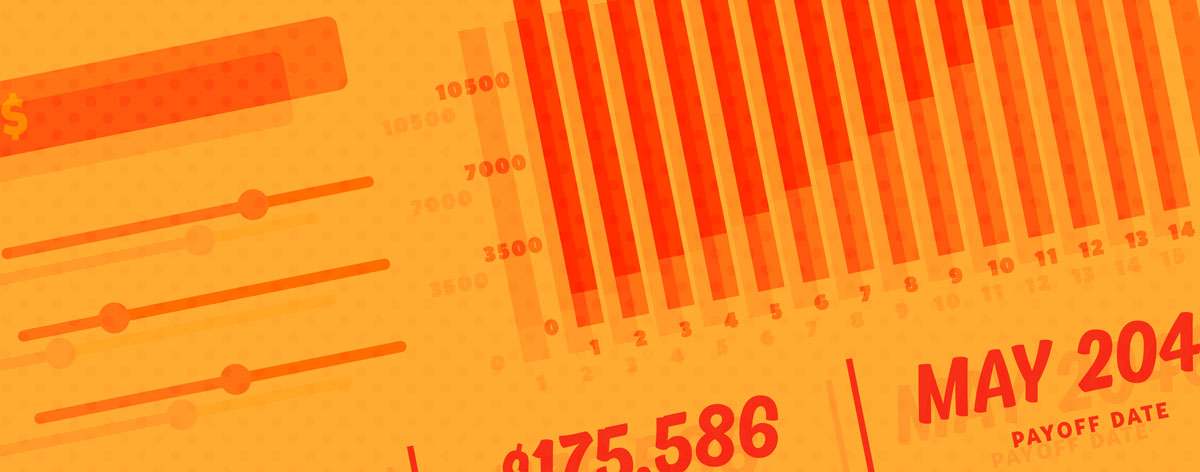

For Kids: Earning Income
When you think about working, you probably think about making money. The money you make is called your income. Money you receive as a gift or allowance can be considered income, too.
The amount of income you earn depends on the job and the mental or physical skills required. It’s also impacted by your experience and your education. Federal and state laws also impact how much you’re paid.
There are different forms of income. You may be paid by:
- Salary
- Wages
- Tips
- Commissions
The type of income you receive depends on the type of job. If you work at a restaurant as a food server, for instance, you’re paid an hourly wage but also earn tips from customers. Wages can also be daily or project-based. If you work less during a pay period, you’ll receive less wages. If you work more than usual, you’ll be paid more. Some employers pay extra for overtime work.

If you’re a teacher or other professional, you’ll receive a salary. With a salary, you’ll receive the same amount of money every week, every two weeks, or every month, depending on the pay period your employer sets. You typically don’t need to clock in or track your hours to get paid, but you won’t be paid overtime for extra work, either.
Other jobs pay by commission, like if you’re a realtor who helps people buy and sell houses. Commission is paid after a specific task is done, like selling a certain amount of services or goods. A commission could be a set amount or a percentage of the sales, anywhere from 5% to 50%. In some jobs, a commission replaces a salary. In other jobs, you’re paid a salary, too.
Working for an employer isn’t the only way to make money. You could also start your own business as an entrepreneur or buy and rent items or property to generate income.
One way to increase your income is to improve your skills, knowledge, or experience. If you go to college, for example, you can receive knowledge that qualifies you for higher-paying jobs. If you go to a technical college, you’ll get specialized training for a specific job.
Both options increase your earning potential—that’s the amount of income you can make—but there are tradeoffs. Going to school costs money and takes time. Do your research to be sure that your income afterward makes the effort worthwhile.
The income you earn doesn’t go straight into your pocket. Part of the money you earn is paid as income tax to the government. It pays for goods and services the government provides, like schools, police, fire and emergency services, and libraries.

Your employer will keep, or withhold, taxes directly from your paycheck. The amount you pay in taxes depends on how much money you make. Generally, if you make more money you’ll pay more taxes. If you are self-employed you have to track and pay income tax yourself.
When looking at future jobs, keep in mind the type of income you’ll receive, how often you’ll be paid, and the taxes you’ll owe.
Neither Banzai nor its sponsoring partners make any warranties or representations as to the accuracy, applicability, completeness, or suitability for any particular purpose of the information contained herein. Banzai and its sponsoring partners expressly disclaim any liability arising from the use or misuse of these materials and, by visiting this site, you agree to release Banzai and its sponsoring partners from any such liability. Do not rely upon the information provided in this content when making decisions regarding financial or legal matters without first consulting with a qualified, licensed professional.
